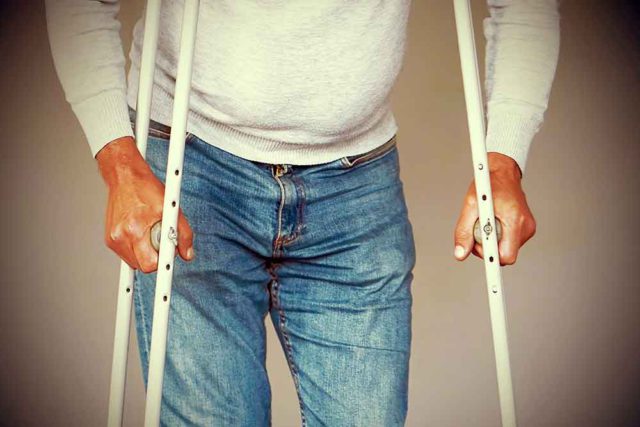
Symptoms of a hip fracture after a fall may include:
A hip fracture won’t necessarily cause bruising or prevent you from standing or walking.
If you think you’ve fractured your hip, you’ll need to go to hospital as soon as possible. Dial 999 for an ambulance.
Try not to move while you’re waiting for the ambulance and make sure you keep warm.
If you’ve fallen, you may feel shaken or shocked, but try not to panic. Try to get someone’s attention by:
After arriving at hospital with a suspected hip fracture, your overall condition will be assessed. The doctor carrying out the assessment may:
Depending on the outcome of your assessment, you may be given:
The healthcare professionals treating you will make sure you’re warm and comfortable. After a while, you may be moved from the emergency department to a ward, such as an orthopaedic ward.
To confirm whether your hip has been fractured, you may require imaging tests such as:
Surgery is usually the only treatment option for hip fractures.
The National Institute for Health and Care Excellence (NICE) recommends that someone with a hip fracture should have surgery within 48 hours of admission to hospital.
However, surgery may sometimes be delayed if the person is unwell with another condition and treatment would significantly improve the outcome of the operation.
In about half of all cases, a partial or complete hip replacement is needed. The other cases require surgery to fix the fracture with plates and screws or rods.
The type of surgery you need depends on a number of factors, including:
Read more about treating a hip fracture.
It may be possible to prevent hip fractures by taking steps to prevent falls and by treating osteoporosis.
You can reduce your risk of falling by:
Read more about preventing falls.
You can self-refer into community physiotherapy services. Simply call 0207 871 0545 to make an appointment. Your initial contact with one of our chartered physiotherapists may be over the phone, where you will either be given advice on appropriate treatment, or a face-to-face consultation will be arranged.
Should you wish to speak to your GP first, simply make an appointment with your local practice. If your GP refers you, one of our patient care advisers will contact you within 48 hours to arrange an appointment.